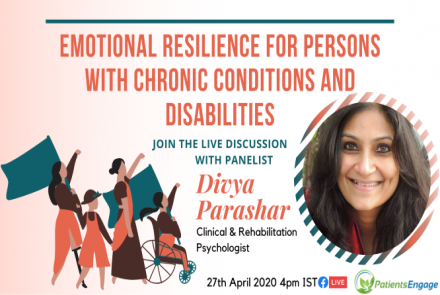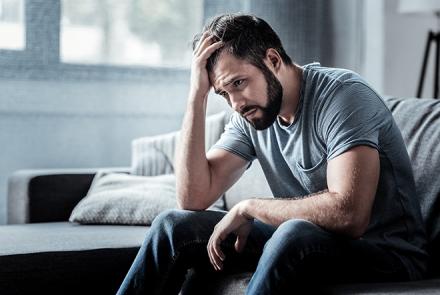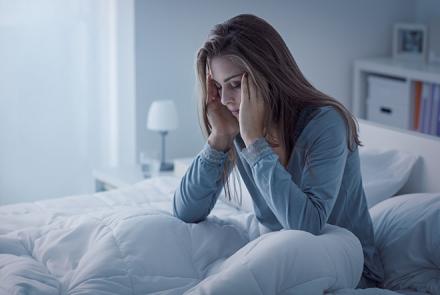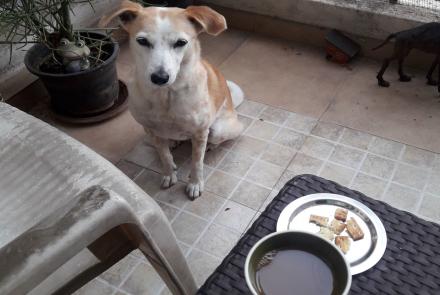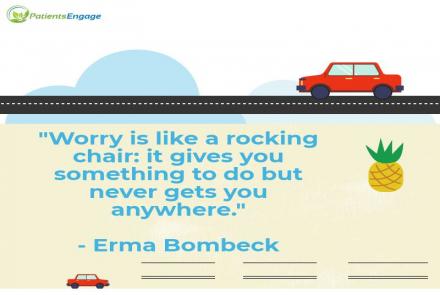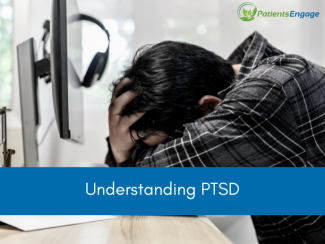
And ways you can help someone dealing with Post Traumatic Stress. By H'vovi Bhagwagar, a Clinical Psychologist specialising in trauma therapy.
1. Are some groups of people more prone to stress and anxiety after a disaster like floods?
- People with a current ongoing stressor (divorce, death, financial loss) etc
- People with past history of trauma (childhood trauma, survivors of previous accidents/riots/sexual assaults etc)
- People with previous history of mental illness or current comorbid mental illness
- Frontline workers posted at the site of disaster (medical professionals, police, rescue staff, journalists, armed forces, fire and ambulance personnel) are also at high risk for development of PTSD.
2. What are the signs to watch out for?
Research on Post-traumatic Stress Disorder (PTSD) suggests that when a person experiences or witnesses a traumatic event, their nervous system is “stuck” in a state of constant alert, making them feel vulnerable and unsafe. Trauma places an intense strain on the person and exceeds their ability to cope or to integrate the experiences involved with that event. After a traumatic event the person will display four main types of reactions:
- Re-living the event (Intrusions)
- Avoiding reminders of the event
- Hyperarousal or “feeling keyed up”
- Numbing
These can show up in the following ways:
Anger: One of the most common outcomes of being through a traumatic event is constant (seemingly irrational) anger. The person may display extreme irritability, mood swings and even bursts of unexplained rage.
Nightmares: Often the brain reprocesses difficult experiences during sleep as a way to digest the information. Traumatic material however cannot be easily dealt with by the brain resulting in nightmares. The person may complain of poor sleep, restlessness and feeling jumpy.
Flashbacks: the person may become over-sensitive to reminders of the event (people, places, smells, sounds) and may start avoid certain situations.
Shut Down: People who have gone through something traumatic may seem distant and walled off. This is their way of coping with the intense emotions.
Mistrust: The person may fear unknown places, look at people’s harmless intentions with over-suspiciousness. Their brain remains hyper-vigilant long after the event has passed.
Negative self-beliefs: The person may blame themselves and have constant negative self-talk such as “I am bad”, “I am stupid”, “This world is not safe” etc.
3. How are children affected?
- Disturbing dreams, fear of sleeping alone, nightmares.
- Fearful of being separated from caretakers
- Over-vigilant in new environments.
- Healthy play activities may get disrupted ie they may engage in “traumatic play” where the focus is on changing the outcome of the traumatic event. They may also show disinterest in play or complete avoidance altogether.
- They may have reversal or slowing down of developmental milestones such as walking, speech or toilet skills
- School activities may get disrupted-they may avoid school, lose focus, have concentration trouble, headaches and other unexplained bodily complaints.
- Older children may show intense fear of stressors (such as interviews or exams). While working with earthquake survivors in Bhuj Gujrat in 2001, we saw that adolescents who were appearing for 10th std board exams displayed disproportionate levels of anxiety not exhibited prior to the earthquake.
4. How can you help yourself or a family member having these symptoms?
Research by National Institute of Health (NIH) and the National centre for PTSD suggest that the availability of social support has large stress-moderating effects and significantly helps in the recovery of trauma.
A. Here is how you can help yourself or someone who has gone through a traumatic experience:
Basic functioning first: Take care of physical injuries and do any requisite medical tests to ensure good health. Make sure that daily routine stays stabilised as much as possible by eating healthy food, taking good rest and doing moderate exercise. Avoid excess of stimulants (coffee, tea), tobacco, nicotine and alcohol.
Educate yourself about Trauma: “PTSD and Traumatic Stress - Anxiety Recovery Strategies” is a free mobile app with a 16-minute video discussing PTSD and traumatic stress, sharing with you important and often overlooked signs and symptoms of trauma.
Limit Media exposure: People having gone through a traumatic event that’s flashing on the news may be tempted to watch every news report. Keep updated but only to a limit. Fact check all rumours floating on social media.
Don’t feel pressure to talk: When a person goes through something traumatic, brain centres that help the person talk about experiences shuts down. As a result the individual cannot put into words what they have gone through. Forcing them to relate the experience often leads to secondary traumatization.
Handle anger with safety: If you or your loved one’s anger turns violent, move yourself or your family to a safe place. When calmness sets in, express the impact their anger has on you. Ask them to give you a signal that their anger is getting out of control and suggest that they learn strategies to cool down the anger.
Introduce your loved one to resources: Mobile Apps such as PTSD coach, PTSD Free, ichill, Insight Timer, Headspace are highly recommended for recovery.
Counselling: Most sites of natural disaster have a team of psychologists/social workers stationed there. They can help survivors make sense of emotions such as anger, distress and grief. They can also help build resilience to face the future. In case there is a diagnosis of PTSD, the person can go in for professional help to a trained Trauma therapist specialising in therapies such as Trauma-Focused CBT (TF-CBT) and Eye Movement Desensitisation and Reprocessing (EMDR)
B. What you should say and not say:
| Helpful Phrases | Unhelpful Phrases |
|---|---|
|
It’s tough to go through something like this |
God will take care of it |
|
Would you like to talk about it? |
You’ll be okay |
|
This is such a tough time for you |
It’s in the past, forget it |
|
Sometimes it’s hard to see a light at the end of the tunnel |
You should be lucky it wasn’t worse than this |
|
I’m here |
You know I went through something similar. |
C. How to help in the middle of a flashback:
|
Flashbacks are frightening experiences where the person feels they are re-living the event again. During a flashback, people often feel a sense of dissociation, as if they’re detached from their own body. Anything you can do to “ground” them will help. Tell them they are having a flashback and that even though it feels real, it’s not actually happening again Keep them in the present (for example, “can you name aloud 5 red things around you”) Encourage them to take deep, slow breaths (hyperventilating will increase feelings of panic) Avoid sudden movements or anything that might startle them Ask before you touch them. Touching or putting your arms around the person might make him or her feel trapped, which can lead to greater agitation and even violence (Adapted from www.ptsd.va.gov) |
4. When should you seek professional help?
- If the symptoms mentioned above persist beyond a month after the event is over.
- The person cannot go back to doing normal daily life activities even after several months.
- Emotional arousal persists and the person remains reactive to environmental stimuli.
- There is active avoidance of daily life activities (not seen prior to the traumatic event)
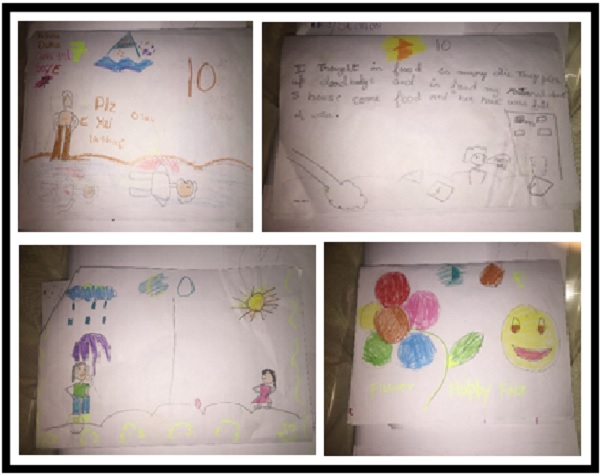

H'vovi Bhagwagar, a Clinical Psychologist specialising in trauma therapy, works with adults, children and teens diagnosed with mental health issues.



